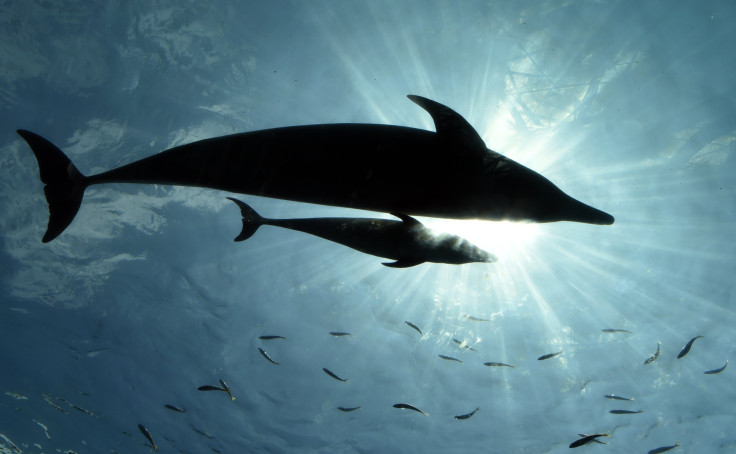In Sixth Mass Extinction, Bigger Sea Creatures Likely To Die Out First

A study found that larger-bodied animals are more likely to die out first than smaller ones. According to the study, led by researchers at Stanford University, this is the first time such a trend has been observed.
There have been five mass extinctions in the history of the world, the largest of which occurred nearly 250 million years ago and wiped out at least 90 percent of sea creatures. Scientists believe that we are now entering the sixth mass extinction largely due to “human-induced species losses.”
The new study published Wednesday in the journal Science studied the relationship between the level of threat of extinction and ecological traits like body size in two groups of marine animals, mollusks and vertebrates. Researchers studied the relationship over the past 500 years and compared the data to the ancient past going as far back as 445 million years, with particular focus on the recent 66 million years.
They found that the modern era has the unique distinction of targeting larger-bodied marine creatures for extinction.
“What our analysis shows is that for every factor of 10 increase in body mass, the odds of being threatened by extinction go up by a factor of 13 or so. The bigger you are, the more likely you are to be facing extinction,” Jonathan Payne, co-author of the study and paleobiologist at Stanford’s School of Earth, Energy and Environmental Sciences, said in a statement.
This selective extinction could pose serious threats to the marine ecosystem. Larger animals are at the top of the food web and “their movements through the water column and the seafloor help cycle nutrients through the oceans,” the researchers said in the statement. They added that the study’s findings could help in making decisions regarding how we manage ocean resources.
Although the study did not explore the cause for the increased risk of extinction for large animals, the findings add to the growing body of literature that points to a human cause for the same. “It is consistent with the tendency for fisheries to first exploit larger species and subsequently move down the food web and target smaller species,” Matthew Knope, from the University of Hawaii in Hilo and co-author of the study, said in the statement.
“Humans enter into a new ecosystem, and the largest animals are killed off first. Marine systems have been spared up to now, because until relatively recently, humans were restricted to coastal areas and didn’t have the technology to fish in the deep ocean on an industrial scale,” he added.
However, the researchers were optimistic that there was still time left for people to change the way they use the ocean’s resources adding that the increased risk can be reduced with the right management decisions at the national and international stages.
© Copyright IBTimes 2024. All rights reserved.






















